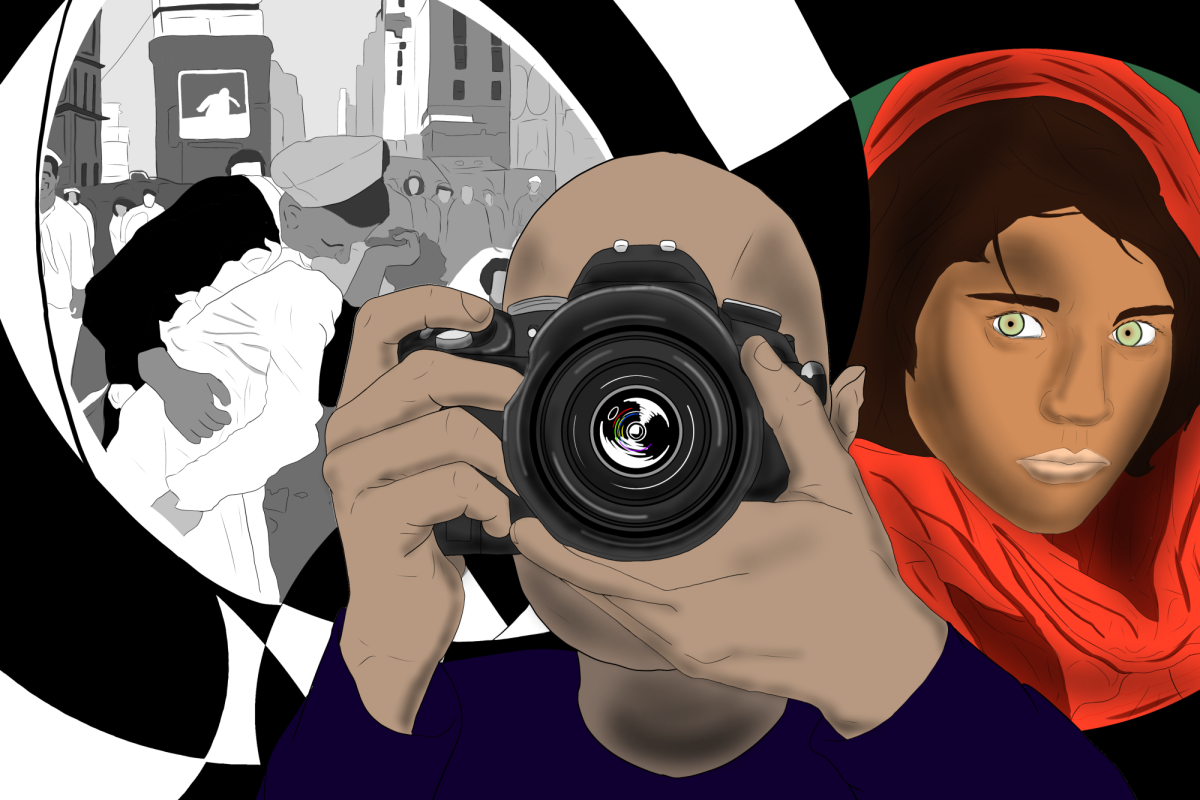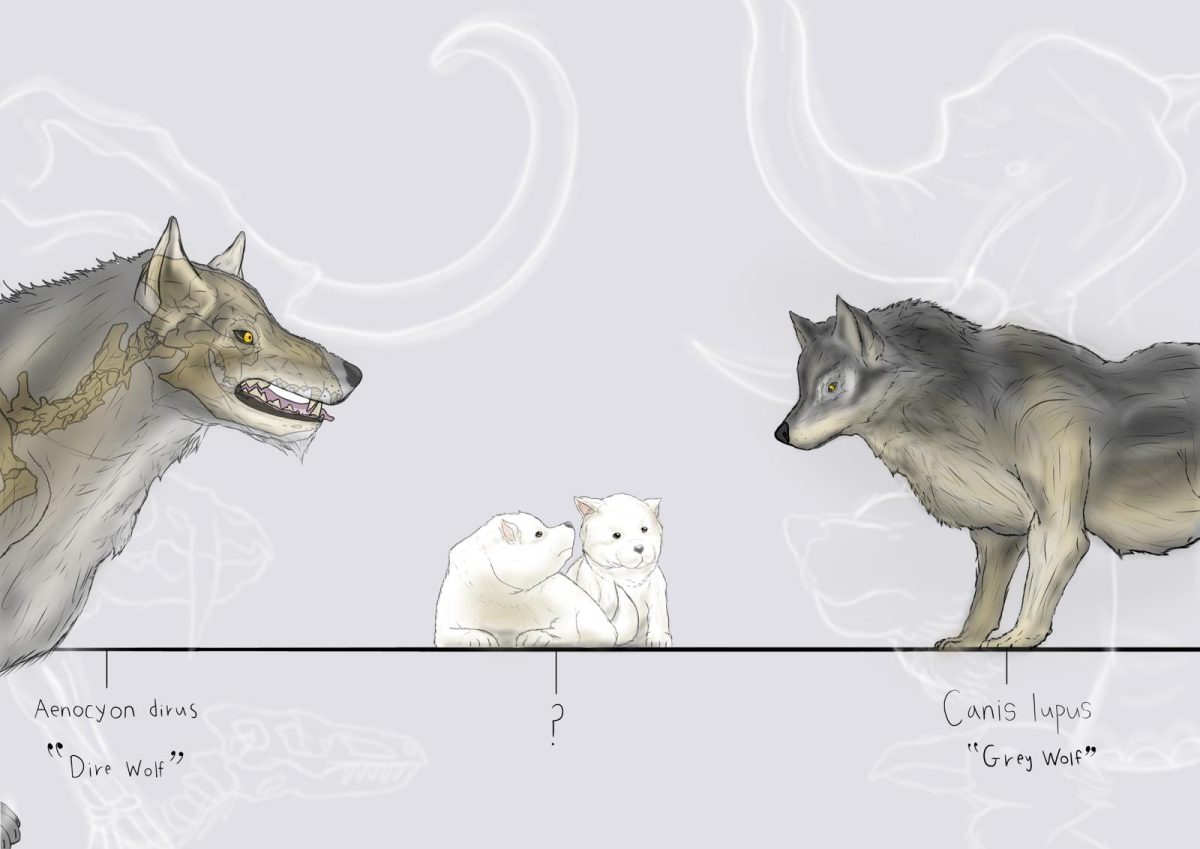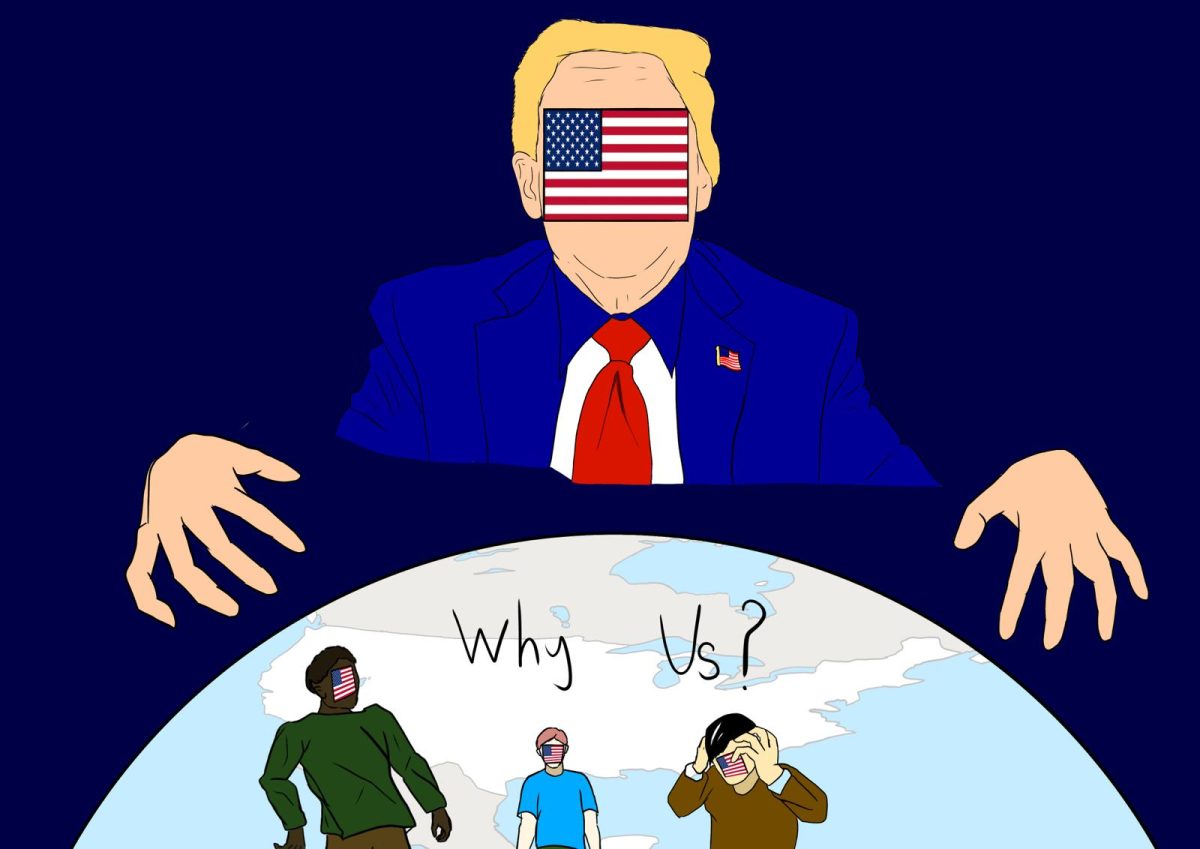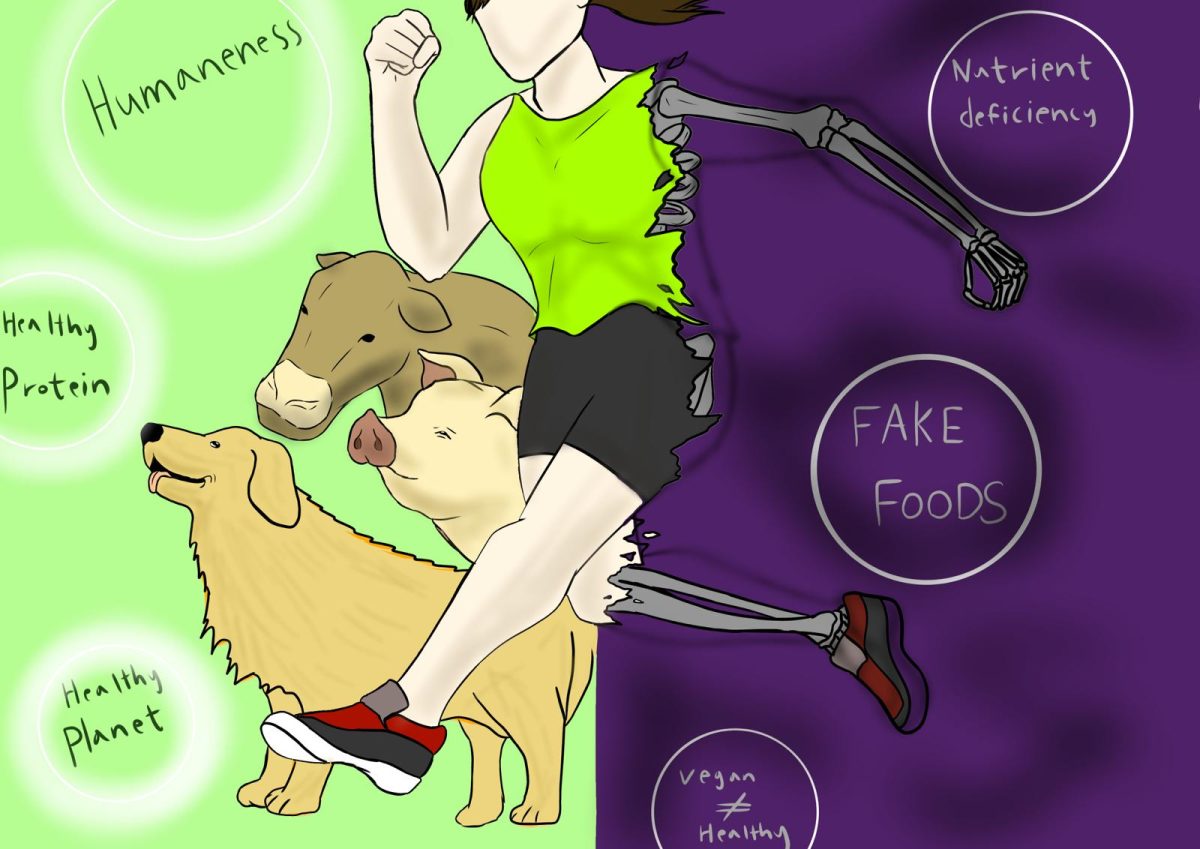Today, I see a society that mixes as well as oil and water. That is to say, not much at all. The polarized political landscape that is our reality — growing ever more divisive as the election draws nearer — creates problems that extend beyond simply not getting along. What is at stake here is far more important: the truth.
Somewhere along the way, possibly when the term “fake news” was coined, Americans lost sight of the facts and the cold, hard truth. Everything in our political world is debatable, from whether or not cats and dogs are being eaten in Springfield, Ohio to COVID-19 to tallying the vote. With the rise of “fake news,” voters could simply decide not to listen to the truth if it didn’t suit the campaign and ideals that they wanted to see. Voters from both political parties even acknowledge this inability to agree on truth in a Pew Research Center article. The article found that 81% of voters — during the Presidential election between Hillary Clinton and Donald Trump — could not agree on “basic fact.”
A large element of what has enabled this loss of truth stems from the media. To prove this, I used the AllSides Media Bias Chart, which ranks the various news sources as neutral or left or right leaning. CNN ranks as being left-leaning, The Washington Times ranks as being right-leaning and BBC News is ranked in the center. On each of these media outlets under the U.S. politics category, I found articles with a topic in common between each. On CNN, one article title reads “Heading into the vice presidential debate, Tim Walz is fighting nerves.” In The Washington Times, a headline reads “House Republican whip says Minnesota Gov. Tim Walz is ‘not well-liked’ in state.” On BBC News, a headline is “Trump dominates in rural America — can folksy Walz help Harris?”
Each of these headlines are telling. CNN portrays Tim Walz in a positive light, which makes sense since CNN leans left. The Washington Times flat out insults Walz (and to be clear, putting the insult in quotation marks does not, in fact, soften the blow). BBC News is clearly the centrist news source in this case because it mentions both candidates. And yet the wild thing is that this article is covering the same topic: predictions about how Walz will perform against J.D. Vance during the vice presidential debate and how he will be perceived by midwestern voters.
The headline trend for each news source identified above continues into the stories. The rhetoric choices are just astounding — any reader can see the bias if they know how to look for it. The issue is that many Americans struggle to identify bias in news sources. According to an article by YouGov, only 23% of U.S. adult citizens surveyed were “very confident” in their ability to tell fake news from real news. This is a disturbing fact because it signals that Americans don’t know what to look for when searching for facts and truth in their news. But Americans shouldn’t have to search for the truth; rather, it should be a standard provided by the media.
In another example, left leaning NPR’s headline about J.D. Vance in the vice presidential debate reads “JD Vance’s performance has audience of one: Trump, says former debate opponent.” Right leaning New York Post featured a story titled “Trump calls Walz a ‘total moron,’ but predicts debate will be ‘stacked’ against Vance.” Centrist news source Forbes’ article on the vice presidential debate is “Vance-Walz Debate: Vance’s ‘Stolen Valor’Attack Against Walz’s Military Record, Explained.”
Due to their political inclinations, each of these headlines regarding J.D. Vance is different, despite covering similar information.
The news that Americans receive, particularly leading up to a presidential election, is vital in informing voters about what each candidate stands for. Is it really fair, then, to have such obvious bias in articles that could easily sway readers who do not understand that the media source is biased?
Even in this example with Walz, it’s clear that the truth has been lost. While BBC News is considered unbiased when it comes to American politics, the American people deserve more than a few centrist media outlets. They deserve to see equal representation in the news of both candidates. More than that, the media shouldn’t write a story that is two-sided and only portray one side, as seen in both the CNN and Washington Times articles.
With the presidential election nearing, the truth is more important than ever. While it is discouraging to see the utter disregard of the truth by both media outlets and candidates, there is still some hope. Pew Research Center found that 59% of registered voters “reject the idea of adding interpretation” to news articles. So at the very least, Americans dislike the media manipulating the truth, even if that occurs in the majority of news that they consume.
The election is about a month away. The articles covering this event are not what they seem and our society needs to be aware of this. We cannot afford to lose sight of the facts — we must search for them — because in this pivotal moment in history, our future is determined by the truth.









